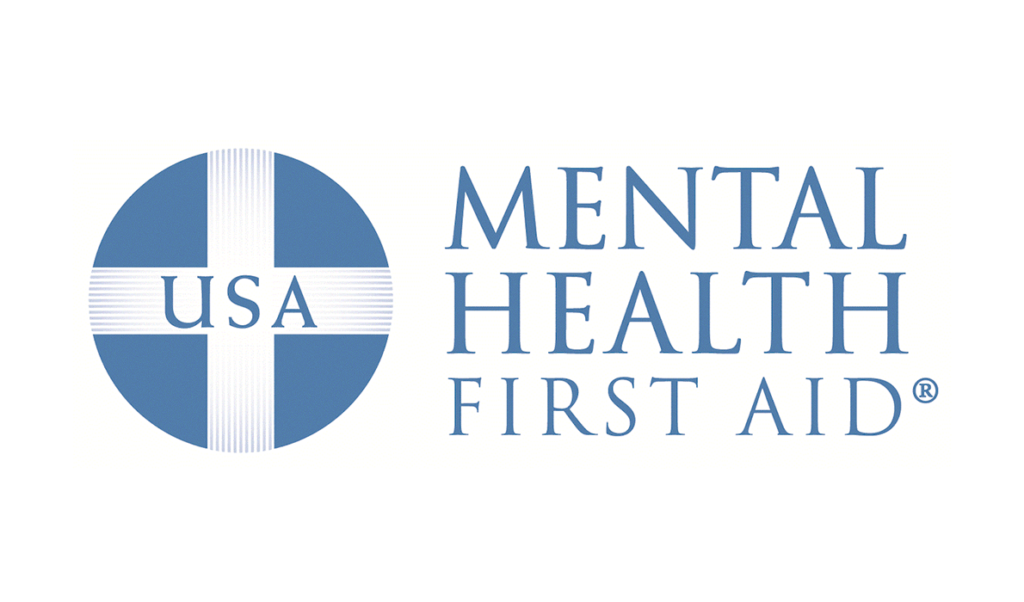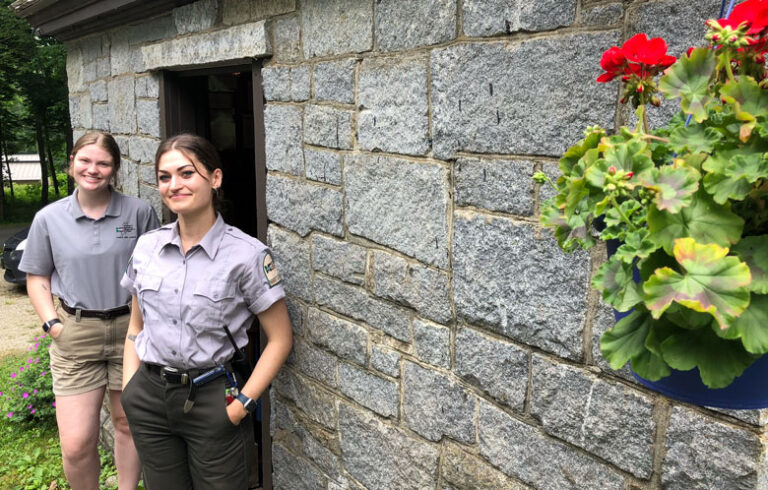Everyone has mental health, just as we all have physical health. Our minds are part of who we are and they impact our quality of life.
We all have our good days and our challenging ones. We may experience anxiety as part of our job or depression due to lack of sunlight; many of us enjoy alcohol as a component of our lives. However, any one of us can find ourselves facing more than just a bump in the road at some point in our lives.
If someone you loved was struggling with feelings of sadness, would you do anything? If your friend’s drinking had crossed the line, would you know what to say?
There is a way to know how to respond, and it doesn’t require years of education. In fact, it only takes eight hours.
While there is a small segment of the population that lives with the challenges of schizophrenia or bipolar disorder, there are many more Mainers facing substance use disorders, depression and anxiety. The impact these conditions have on a person’s family, job and community change with the right support.
NAMI (National Alliance on Mental Illness) Maine is our state’s largest grassroots, mental health organization. Guided by a mission of support, education and advocacy, NAMI Maine provides a variety of free and confidential services aimed at impacting the lives of everyone impacted by mental health conditions.
Recognizing that one in five children under age 18 and one in four adults have evidence of some degree of a mental health condition, the work of NAMI Maine touches the lives of thousands of Mainers.
The island communities of Maine are a vital part of our state’s economy, cultural landscape and historical importance; however, these 15 vibrant populations face their own unique challenges throughout each year. It is NAMI Maine’s goal to offer support and education that assists these special communities be successful with their own priorities. By offering resources that strengthen these pivotal communities, we strengthen Maine itself.
Most of us were trained in basic first aid so that we could help someone in need until professional help could arrive. There is a new first aid training that has come to Maine called Mental Health First Aid. It operates with the same basic goal: to provide support and intervention until someone can be connected to the appropriate resources.
If we are going to be good neighbors in our small communities, we must have the skills to start the hard conversations. We must have the skills to offer support to those who do not know where to go or who may feel isolated. It may be more comfortable not to take action, but knowing that a Mainer dies by suicide every day and a half should motivate us all to get the skills we need to start the conversation.
The training has been completed by first responders, teachers, coaches, physicians, nurses, peers, elected officials, faith leaders, family members and community members who are interested in improving their lives and the lives of those around them.
Mental Health First Aid is an eight-hour, skill-building workshop designed to give you the tools you need to start conversations. To learn more visit NAMIMaine.org or contact Christopher at 622-5767 ext. 320.
Jenna Mehnert is executive director of NAMI Maine.





